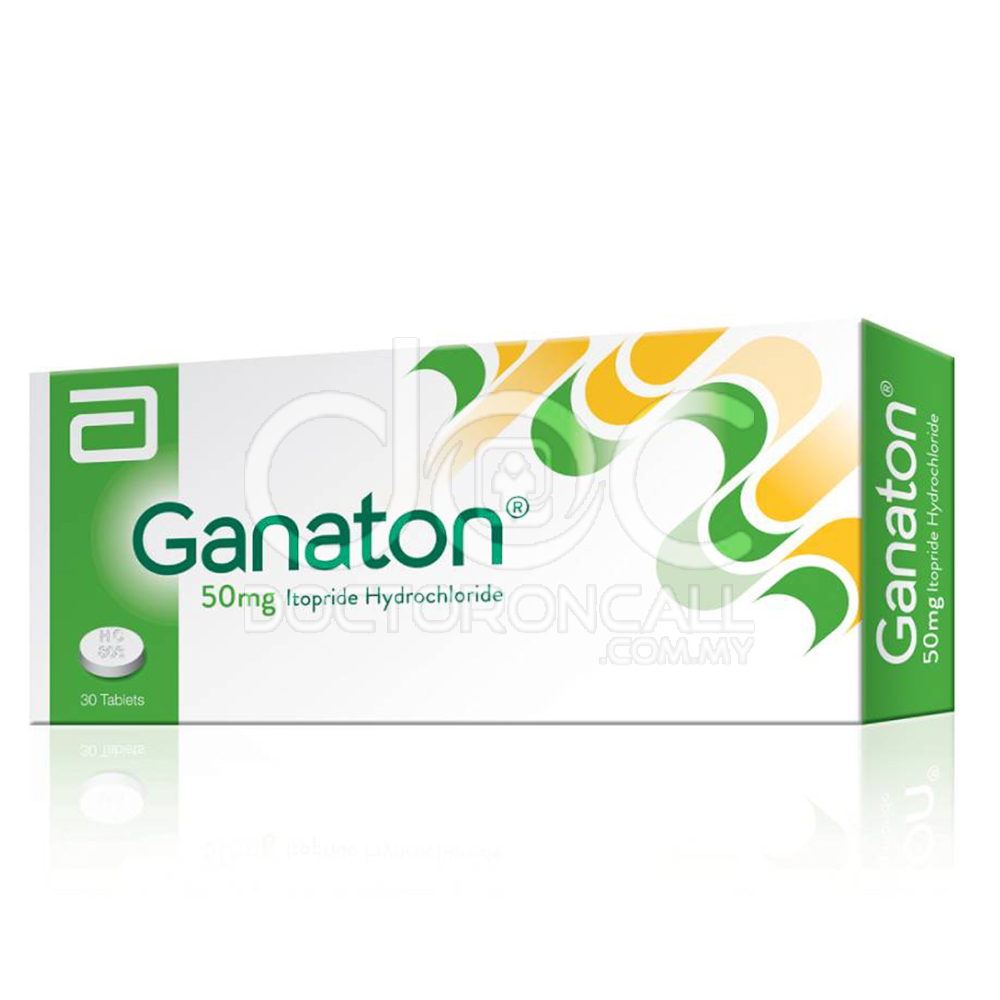Anonymous
4 years
GERD Disease and what is the symptoms. Is it harm? Can be prevented? What is the treatment?
Hi doctor, i would like to ask about GERD. For the past one or two week, I experienced some palpitations and sometimes it’s hard for be to breath and need to take a deep breath for few times. I have sinus, and due to that, past two week i had difficulty to breath and runny nose because of the sinus and flu and feel like have excessive mucus in throat and some phlegm that did not want to get out. And I noticed that i keep burping in this week. I went to clinic and got some medication, luckily the phlegm is reduced but now i still feel like there’s something in my throat. There’s no palpitations occur again. And i have no fever, sore throat and headache.
I wonder if i have the symptoms of GERD? could you please explain to me, thank you in advance.
Dr Nur Syuhada binti Zulkifli,
4 years
Hello and thank you for your questions.
Gastroesophageal reflux disease (GERD) is a condition where stomach acid flows back through your esophagus, the tube that connects your throat and your stomach. The strong acid have corrosive effects and the lining of your esophagus cannot withstand it thus causing it to become irritated.
Therefore, you may experience symptoms such as pain or burning sensation in the chest, especially after eating or lying down, difficulty swallowing, feeling of a lump in your throat, burping or regurgitation of food or sourish fluid. At night, you might even have chronic cough, sore throat or disrupted sleep.
GERD may affect anyone old or young though your risk does increase as you age. The more prominent risk factors for GERD include obesity, pregnancy, hiatal hernia, delayed stomach emptying, smoking, eating large meals, alcohol or coffee.
Avoid the nuisance stomach problems with the right care for your digestive system.
Symptoms may be managed with over-the-counter medications such as antacids, H2 receptor blockers or proton-pump inhibitors. Lifestyle changes to manage the risk factors are also necessary. You may be recommended to lose weight, eat smaller meals, avoid meals before lying down, stop consumption of alcohol and smoking and reduce caffeine intake. In severe cases such as when GERD is due to a hiatal hernia, there may be a need for surgery.
Long-term complications to prolonged and repeated stomach acid exposure include esophageal strictures, ulcers and Barrett’s esophagus, a precancerous condition that occurs due to the chronic inflammation of the esophagus. Therefore, GERD is associated with an increased risk for esophageal cancer. Due to this risk, your doctor may consider monitoring your condition with periodic endoscopies and biopsies to monitor for precancerous changes to your esophageal lining.
Do speak to your doctor for more information. Be disciplined and compliant to your treatment to manage your condition effectively.
In order for us to provide you with an accurate choice of treatment and management, we need additional details to explore further into your current complaints. Therefore, we greatly suggest that you refer this to your nearest medical doctor. If you have any more enquiries, you can click on the link ( DoctorOnCall ) and speak to our doctors in private and get the consultation you need on the phone. Thank you.
Talk to a gastroenterologist to address your stomach problems and get their expert opinion.




























